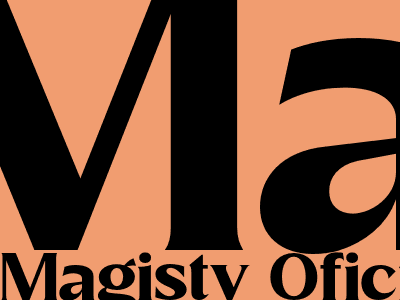SEO for Blogs: A Comprehensive Guide to Boosting Your Traffic
Introduction
In today's digital landscape, having a strong online presence is crucial for businesses and individuals alike. Search engine optimization (SEO) is a key aspect of driving traffic to your blog and establishing a solid foundation for your online success. This comprehensive guide will provide you with an in-depth understanding of SEO for blogs, covering everything from keyword research to content optimization.
Keyword Research: The Foundation of SEO
Keyword research is the backbone of any successful SEO strategy. It helps you identify the terms and phrases that your target audience is searching for, allowing you to optimize your content for maximum visibility. Tools like Google Keyword Planner and Ahrefs can help you uncover relevant keywords and their search volume.
When selecting keywords, consider factors such as relevance, search volume, and competition. Choose keywords that are highly relevant to your blog's niche and have a decent search volume, while avoiding overly competitive terms that may be difficult to rank for.
Tips for Effective Keyword Research:
- Use long-tail keywords (3-5 words) for greater specificity and less competition.
- Analyze your competitors' keywords to identify potential opportunities.
- Monitor keyword performance over time and adjust your strategy as needed.
Content Optimization: Creating Valuable Content
Once you have identified relevant keywords, it's time to optimize your content to rank for those terms. This involves optimizing your page titles, meta descriptions, headings, and the body of your content.
Page Titles and Meta Descriptions:
Page titles and meta descriptions are critical for attracting clicks from search results. Ensure that your titles are concise, informative, and include your target keyword. Meta descriptions should briefly summarize your page's content and encourage users to visit.
Headings and Body Content:
Use headings (H1, H2, etc.) to structure your content and make it easy for readers to navigate. Incorporate your keywords naturally throughout the body of your content, but avoid keyword stuffing.
Focus on creating high-quality, informative content that provides value to your audience. Well-written content will not only attract readers but also encourage them to engage with your blog, which can positively impact your SEO.
Technical SEO: Ensuring Your Blog's Structure
While content is crucial, the technical aspects of your blog also play a significant role in SEO. Factors like site speed, mobile responsiveness, and URL structure can impact your rankings.
Site Speed:
A fast-loading website is essential for a positive user experience and SEO. Use tools like Google PageSpeed Insights to analyze your site's speed and identify areas for improvement.
Mobile Responsiveness:
With the increasing use of mobile devices, it's crucial to ensure that your blog is mobile responsive. Use a responsive design that adapts to different screen sizes.
URL Structure:
Keep your URLs short, descriptive, and keyword-rich. Avoid using dynamic URLs or excessive parameters.
Link Building: Establishing Credibility
Link building is an essential aspect of SEO that helps establish your blog's credibility and authority. Acquiring high-quality backlinks from reputable websites can significantly improve your search rankings.
There are various ways to build links, such as guest posting, creating valuable content that others may want to cite, and participating in online communities.
Tips for Effective Link Building:
- Focus on building relationships with other bloggers and websites in your niche.
- Create shareable content that is likely to be cited by others.
- Avoid participating in paid link schemes, as these can harm your SEO.
Social Media Marketing: Amplifying Your Reach
Social media platforms provide an excellent opportunity to promote your blog content and engage with your audience. Share your blog posts on social media, interact with your followers, and run targeted ads to reach a wider audience.
Social media engagement can also generate backlinks and drive referral traffic to your blog, further enhancing your SEO efforts.
Conclusion
SEO for blogs is an ongoing process that requires consistent effort and optimization. By implementing the strategies outlined in this guide, you can significantly improve your blog's visibility, attract more traffic, and establish yourself as an authority in your niche.
Remember, SEO is not a quick fix but rather a long-term investment that can reap significant rewards over time. Stay updated on the latest SEO trends, experiment with different strategies, and track your results to ensure continuous improvement.

تعليقات